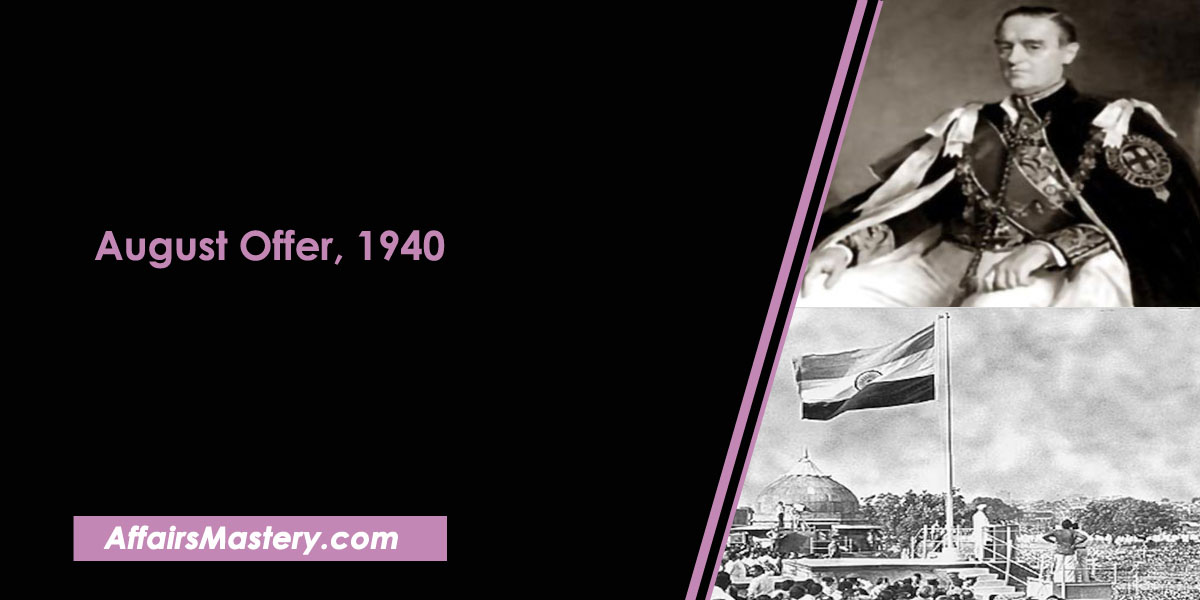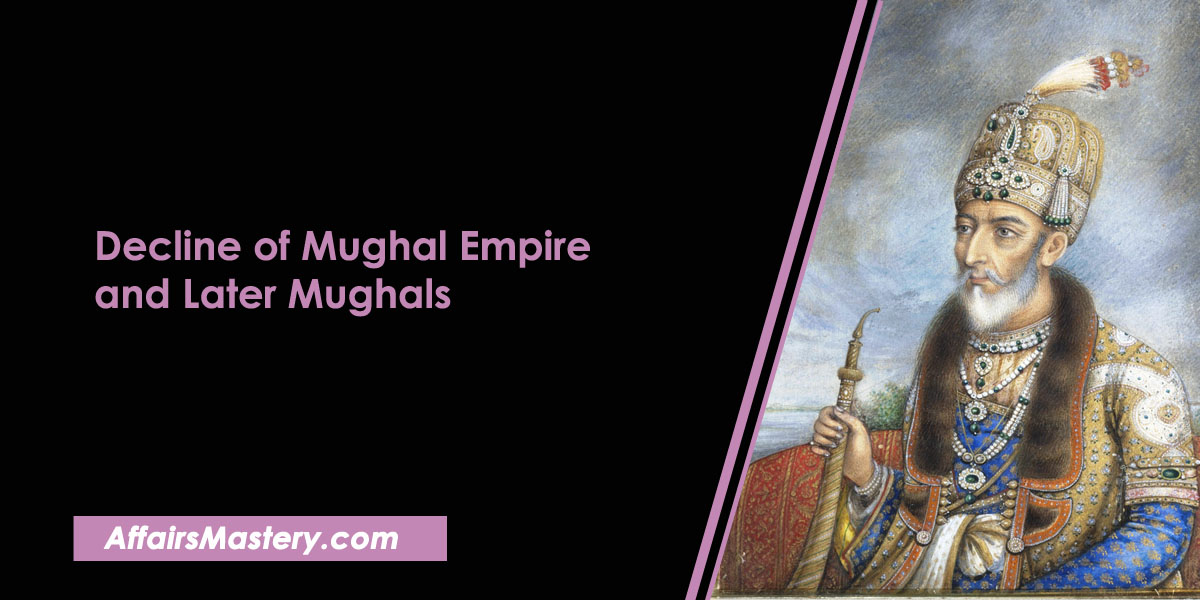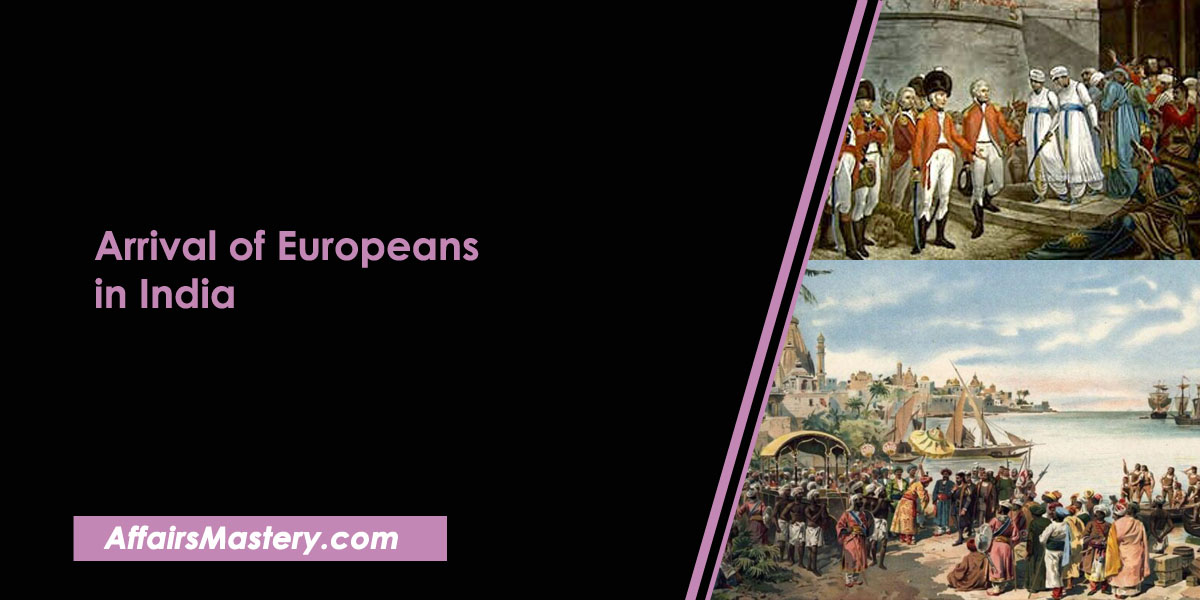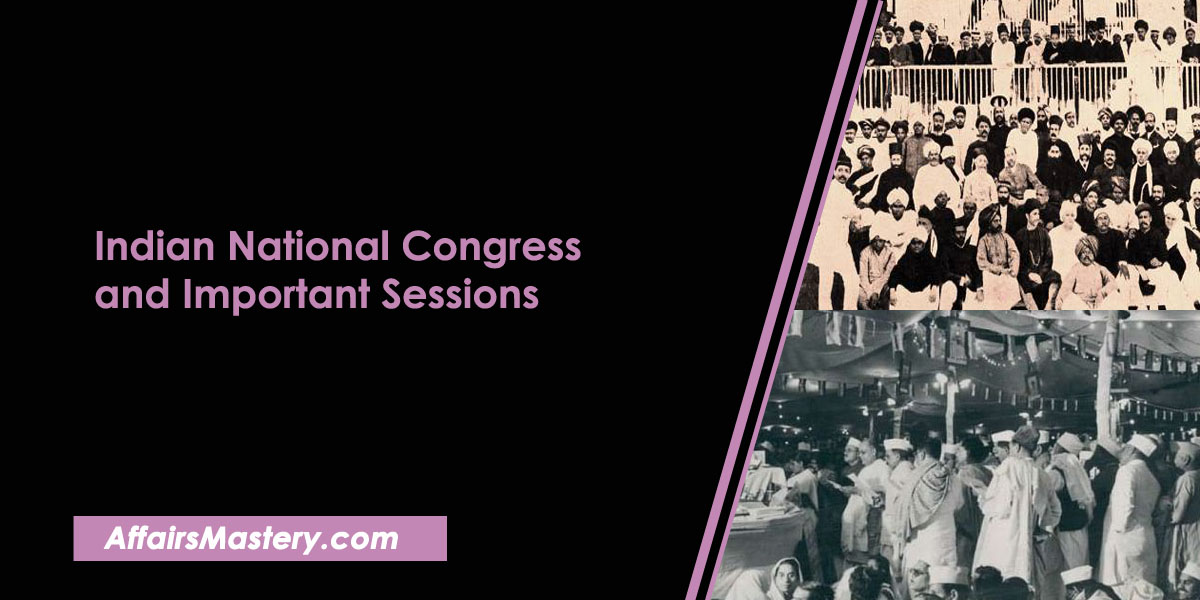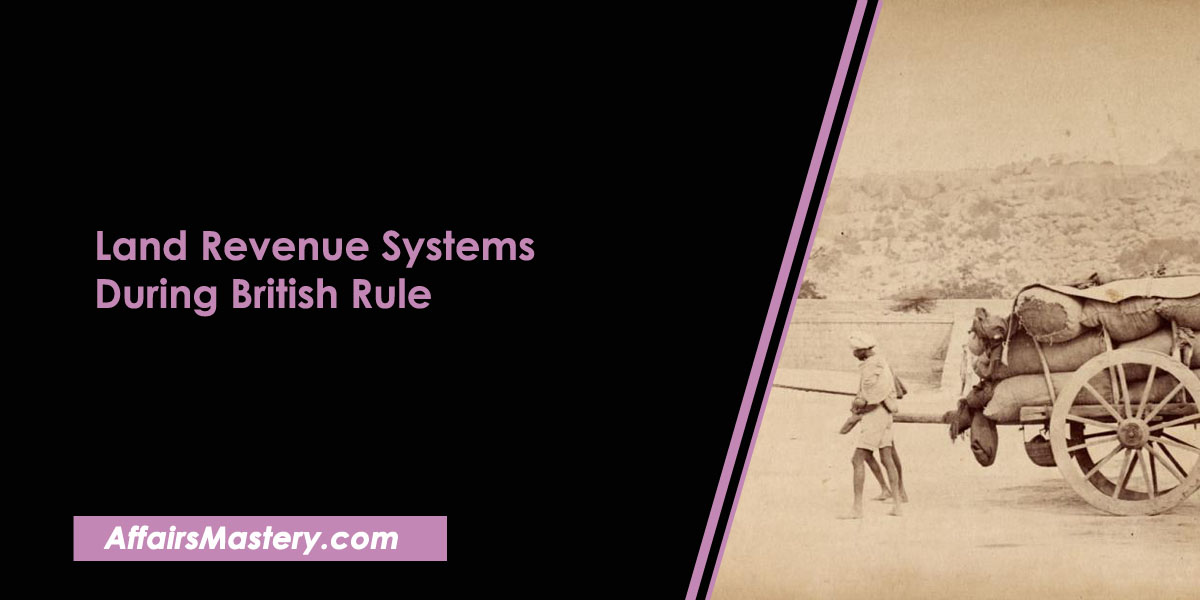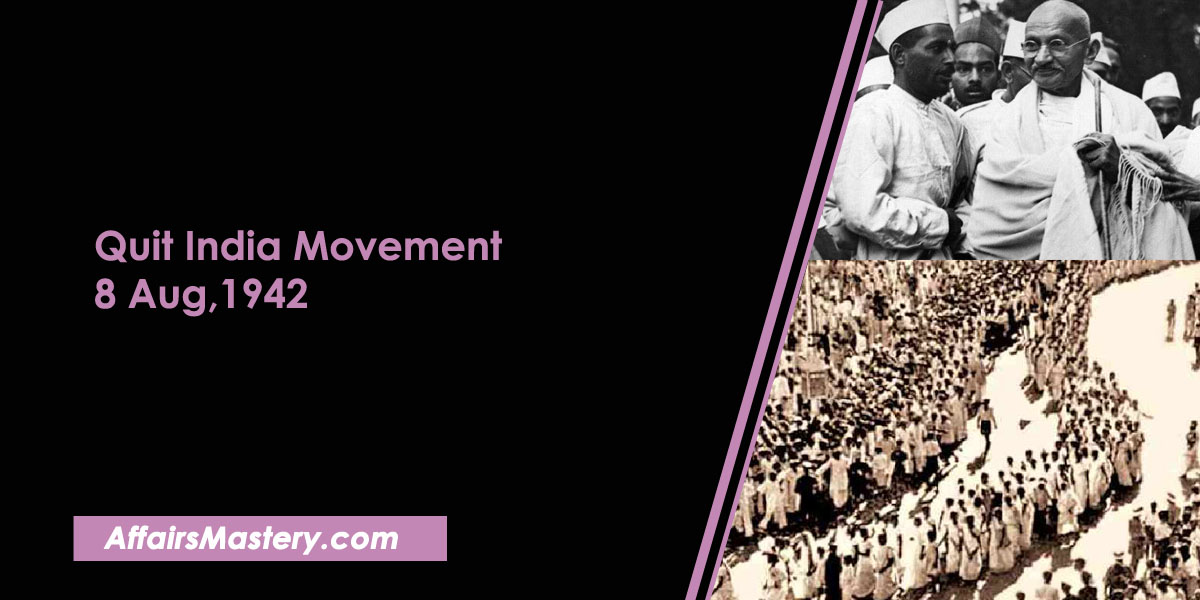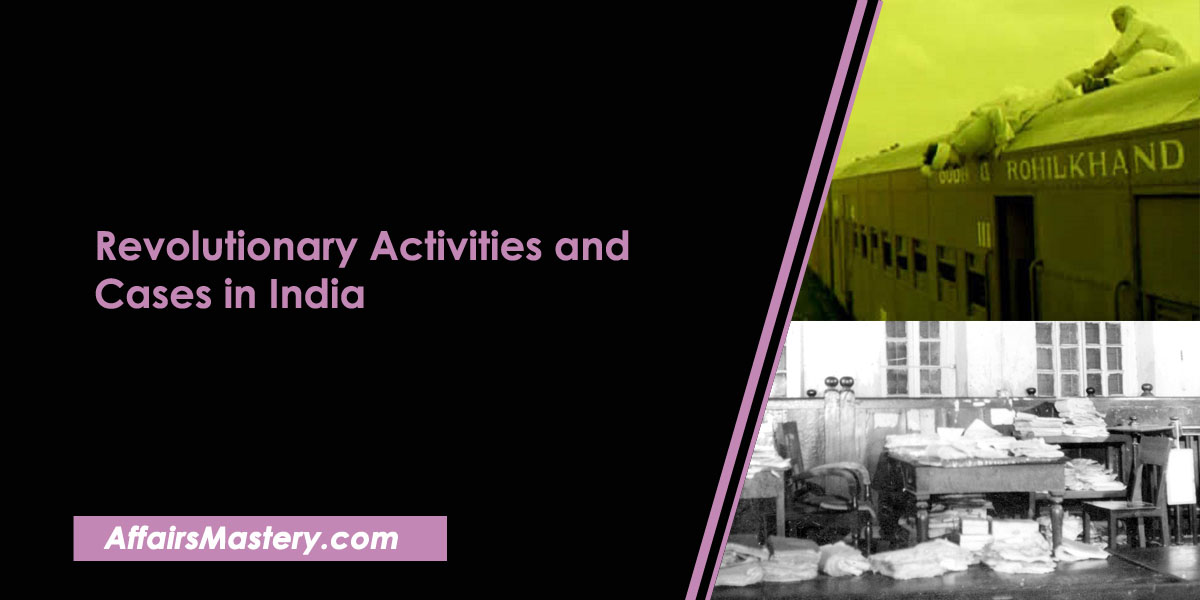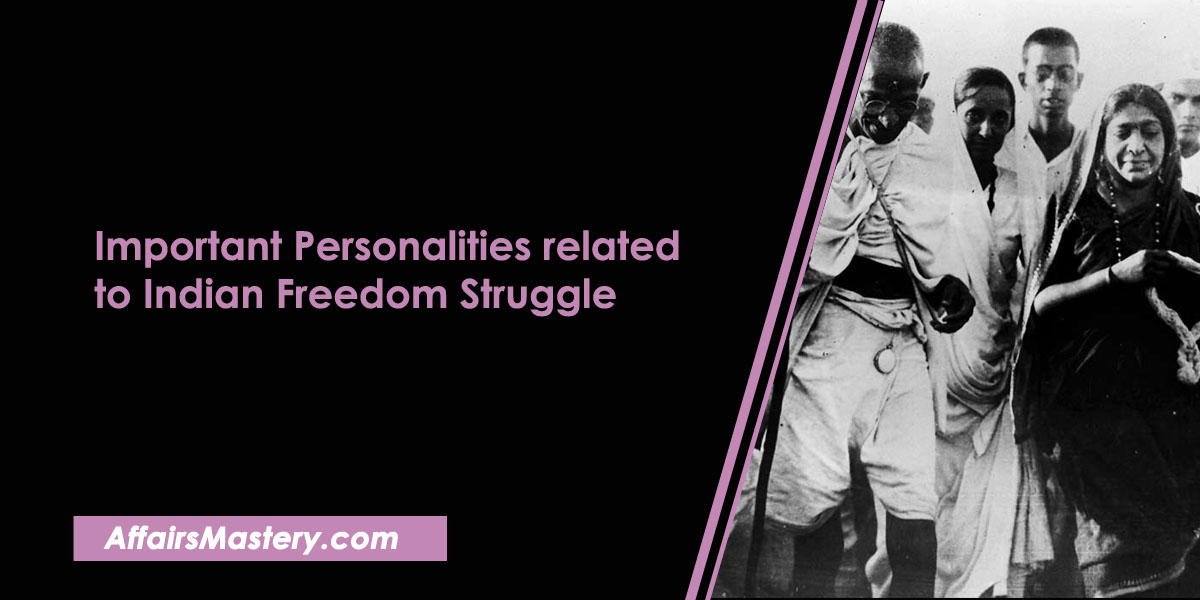August Offer 1940 – About, Reaction, Significance (Important Short Note)
August Offer 1940 – About, Reaction, Significance. On 8 August 1940, Viceroy of India Lord Linlithgow made a statement on behalf of the British parliament which came to be known as the ‘August Offer’, offering constitutional reforms in an attempt to gain Indian support for Britain’s war effort. Important Short note for various exams.
From the perspective of an examination like Civil services, State exams, SSC, Banking, Railways and any other One Day exam, all the necessary facts and information are listed below.
About
- After the resignation of the Congress ministries in the provinces, against India’s unilateral involvement in the Second World War, there was a Constitutional deadlock.
- During this time, the war had become increasingly dire in Europe and Asia as it escalated to a much more serious level.
- It was in this background that Viceroy Lord Linlithgow made an offer to resolve the constitutional deadlock.
- The August offer had three major proposals:
- An immediate expansion of the Viceroy’s Executive Council, by enlarging the Indian representation.
- Establishing a war advisory Council consisting of representatives of British India and princely states.
- A representative Constitution making body after the War was mainly Indians would decide the constitution according to their social, economic and political conceptions, subject to fulfillment of the obligation of the Government regarding defense, minority rights, treaties with states, all India services.
- No future constitution to be adopted without the consent of minorities.
Reaction
- Congress had been demanding the declaration of complete independence now and grant of independence after the war.
- August offer was based on dominion status, which was now totally a dead issue.
- Congress rejected the August Offer.
- Nehru said, “Dominion status concept is dead as a rusty door nail“.
- Gandhi said that the declaration had widened the gulf between nationalists and the British rulers.
- Muslim League welcomed the veto assurance given to the League, and reiterated its position that partition was the only solution to the deadlock.
Significance
- Although the Offer was rejected, it calls for a closer evaluation for the significant points associated with it.
- For the first time, the inherent right of Indians to frame their constitution was recognized and the Congress demand for a Constituent Assembly was conceded.
- Also, dominion status was explicitly offered.
- In July 1941, Viceroy’s executive council was enlarged to give the Indians a majority of 8 out of 12.
- Though the British remained in charge of defense, finance and home.
- Also, a National Defense Council was set up with purely advisory functions.
If you find our content helpful and interesting, please consider joining us on Telegram @affairsmastery_official to show your support. We would really appreciate it!
Related articles
- Important Battles in Indian History 2023-24
- Important treaties in Indian history 2023-24
- List of Foreign Travellers who came to India
- List of Governor General of India and Viceroy of India
- Robert Clive – Important Short Notes for Exams 2023-24
- Warren Hastings – Important Short Notes for Exams 2023-24
- Lord William Bentinck – Important Short Notes for Exams 2023-24
- Lord Canning – Important Short Notes for Exams 2023-24
- Lord Mountbatten – Important Short Notes for Exams 2023-24
- C. Rajagopalachari – Important Short Notes for Exams 2023-24
- Lord Wavell – Important Short Notes for Exams 2023-24
- Lord Linlithgow – Important Short Notes for Exams 2023-24
- Lord Willingdon – Important Short Notes for Exams 2023-24
- Non Cooperation Movement (1919-1922)
- Important Personalities related to Social Movements of India
- List of Important Books on Revolt of 1857 and their Author
- Important Leaders of 1857 Revolt and their places
- Constituent Assembly of India and its Composition: Important Short Notes
- Important Tribal Movements in India
- Direct Action Day 1946: Important Short Notes for Exams
- Interim Government of India, 1946 and its members
- Important Socio Religious Reform Movements in India – Short Notes
- Khilafat Movement (1919-1924) – Important Short Notes for exams
- Lucknow Pact, 1916 – About, Features, Outcome (Important Short Notes)
- C R Formula or Rajaji Formula, 1944 – About, Main Points (Important Short Notes)
- Wavell Plan, 1945 – About, Main Points (Important Short Notes)
